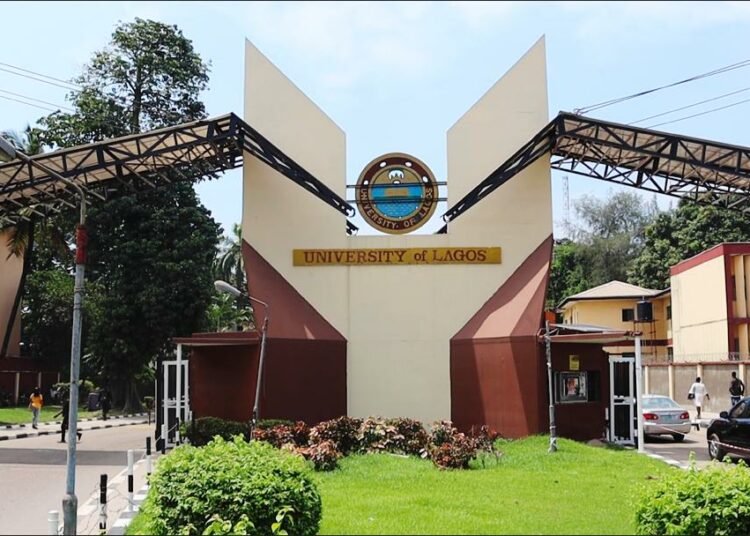The University of Lagos (UNILAG), Nigeria, is set to record a major breakthrough in sustainable transportation by cutting down more than one hundred and twenty (120) metric tons of carbon dioxide (CO₂) emissions by the end of 2025.
This milestone is one of the benefits of the Electric Vehicle (EV) initiative, launched by the University in partnership with Ogata Global Resources and Chart Eco Global Services in January 2025.
In a statement on the University website, the initiative, which began in the first half of the year, started with an initial fleet of just 10 buses and covered more than 102,000 kilometres, achieving a reduction of 16.78 metric tons of CO₂.
Building on this progress, the fleet has been expanded with an additional 20 Electric Vehicles, bringing the total to 30 with a projected mileage coverage of 700 kilometres.
This expansion positions UNILAG to achieve a projected 124 metric tons reduction by the end of 2025.
This translates to planting and nurturing approximately five thousand, six hundred (5,600) trees within a single year, a feat which also demonstrates UNILAG’s commitment to advancing the United Nations Sustainable Development Goals (SDGs), particularly in the areas of climate action, clean energy, and sustainable cities.
The emissions data were calculated and verified by Chart Eco Global Services, a sustainability organisation that measures and manages emissions for various organisations in Nigeria. The analysis followed internationally recognised protocols, including the UK’s DEFRA, the US EPA, and the IPCC 2006 Guidelines, ensuring adherence to global best practices.
The emissions tracking tool was based on the GHG Protocol for mobile combustion, developed by Clear Standards Incorporated in collaboration with the World Resources Institute (WRI), providing transparency, consistency, and credibility. The methodology was further reviewed by experts at the TETFund Centre of Excellence in Biodiversity Conservation and Ecosystem Management (TCEBCEM), UNILAG.
Speaking on the progress of the initiative, Chief Executive Officer of Chart Eco Global Services, Mr. Itunulowa Okusami, said, “This initiative is a proof of concept to decarbonise Nigeria’s heavily polluted transport sector. I am delighted about the amount of carbon we have been able to prevent from entering our environment.
“More importantly, this model proves we can scale sustainable mobility across schools and communities, making an even bigger impact.”
Chief Executive Officer of Ogata Global Resources, Henry Eke, added that “The initiative is timely, especially given the current economic realities.” He said the Electric Vehicles provide a more affordable transport option while also contributing to a cleaner and healthier environment.
Applauding this commitment, environmental expert, Dr. Okwong Walter of TCEBCEM, UNILAG, confirmed the integrity of the emissions report and praised the university’s commitment to sustainability. He also noted that the initiative will significantly improve air quality on and around campus by reducing pollutants typically emitted by conventional vehicles.
The UNILAG electric vehicle initiative is not just about upgrading transport; it is setting a national benchmark for cleaner and more inclusive mobility for higher institutions of learning. It also marks one of many green steps the university is taking to cut carbon and build a healthier campus.







